Few welcome pope’s move to bring back bishops
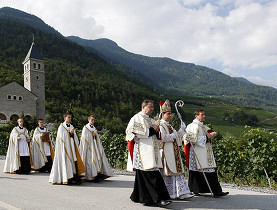
Pope Benedict XVI's rehabilitation of four traditionalist bishops, including a British prelate who is a Holocaust denier, has met a mixed reaction in Switzerland.
While the Roman Catholic Swiss Bishops Conference and the International Seminary of Saint Pius X, which is based in canton Valais, welcomed the move, Swiss Jewish groups are highly critical. Many newspapers also expressed their surprise.
On Saturday Benedict welcomed back into the Roman Catholic Church four bishops – Bernard Fellay, Bernard Tissier de Mallerais, Richard Williamson and Alfonso de Galaretta – from the Society of St Pius X, who were excommunicated in 1988 after being ordained without Vatican permission. The three had been appointed by breakaway French Archbishop Marcel Lefebvre.
The Vatican decree spoke of overcoming the “scandal of divisiveness” and seeking reconciliation with Lefebvre’s conservative order, which rejects modernisations of Roman Catholic worship and doctrine.
But one of the four, the British-born Richard Williamson, has made statements denying the full extent of the Nazi Holocaust of European Jews.
In comments to Swedish television broadcast on Wednesday and widely available on the internet, Williamson said, “I believe there were no gas chambers” and put the number of Jews who perished in Nazi concentration camps at 300,000, instead of 6 million.
Jewish groups have warned the pope that the decision could damage Catholic-Jewish relations.
Jewish-Catholic relations
The Swiss Federation of Jewish Communities (FSCI) said it was concerned by Williamson’s rehabilitation and didn’t understand the Catholic Church’s attitude, which “indirectly covered” his denials.
“This risks harming a rapprochement between our two religions,” the FSCI’s vice president, Sabine Simkhovitch-Dreyfus told the Swiss News Agency.
Israel-based Rabbi David Rosen, head of inter-religious affairs for the American Jewish Committee and a leading figure in decades of dialogue with the Vatican, said: “In welcoming an open Holocaust denier into the Catholic Church without any recantation on his part, the Vatican has made a mockery of John Paul II’s moving and impressive repudiation and condemnation of anti-Semitism.”
On Saturday the Vatican spokesman, Federico Lombardi, defended the pope’s action saying Williamson’s views were “absolutely indefensible”. But he denied that rehabilitating Williamson implied that the Vatican shared them.
Catholic-Jewish relations were already severely strained over the figure of wartime Pope Pius XII, who Jews have accused of turning a blind eye to the Holocaust. Jews have asked the Vatican, which denies the charges, to freeze the procedure that can lead to his sainthood pending more study of wartime records.
Too high a price?
A number of Swiss newspapers questioned the sense of the pope’s move.
“Bringing a bishop who denies the Holocaust back into the church is more than an affront against Jews – it’s an act against human dignity,” said Der Bund newspaper in its editorial on Monday.
“Of course, the pope himself doesn’t deny the Holocaust but he has already trivialised it in 2006 in Auschwitz, when he portrayed the German people as victims who were “used and abused by Hitler”.
“What’s worse is him – as a German – reinstating a Holocaust denier,” added the Tages-Anzeiger paper.
“His move is legitimate… but his haste in wanting to reintegrate the Lefebvre bishops sends a worrying signal and risks creating or deepening other divisions,” wrote Le Temps newspaper. “Isn’t the price to pay for unity with the Society of St Pius X too high?”
For its part the Swiss Bishops Conference said the Pope’s decision “extended a hand towards [internal] reconciliation”. But it added that other steps were still needed to re-establish full unity between the seminary and Catholic Church.
And in an interview with Swiss national radio, Bishop Bernard Fellay, one of the rehabilitated bishops, welcomed the Pope’s “extremely courageous” act.
He said Williamson’s Holocaust comments didn’t involve the Society of St Pius X and was a “very unfortunate” incident by an emminent member of the church. It would be inappropriate to therefore call the whole fraternity anti-Semitic, he added.
Still reservations
The rehabilitations of the four bishops followed years of negotiations with the Vatican.
They have won some battles, such as a wider use of the Latin Mass, as Benedict has sought to end a schism that divided the Church 20 years ago when Archbishop Lefebvre ordained the four without a papal nod.
“Catholics attached to tradition throughout the world will no longer be unjustly stigmatised,” Fellay said. He said the group was ready to help the pope “remedy the unprecedented crisis that currently shakes the Catholic world.
But he made it clear they still had “some reservations” about the teachings of the Second Vatican Council (1962-1965), which modernised the Church and is accepted by most of its 1.1 billion members, as opposed to the 600,000 traditionalists.
swissinfo
The Society of Saint Pius X, an ultra-conservative group, was founded in 1970 by French Archbishop Marcel Lefebvre who rejected the reforms of the Second Vatican Council. That gathering, in which thousands of religious leaders discussed the future of the church, lasted from 1962-1965 and brought about new directions that irked Lefebvre.
As a traditionalist, he believed only the Pope had authority over bishops, that religious tolerance should be embraced more readily than religious freedom and that ecumenism – cooperation between religions – weakened the Catholic faith.
In 1969 Lefebvre opened a seminary in Fribourg but moved a few years later to Ecône in canton Valais. During the next few years, Lefebvre continued to clash with Rome over priest ordinations. The church eventually revoked his authority to administer the sacraments.
In 1988, when Lefebvre was 81, he consecrated four priests from his order as bishops. Rome was livid and Pope John Paul II immediately excommunicated everyone involved. One of the bishops he ordained, Richard Williamson, has denied that any Jews were killed in gas chambers during the Holocaust.
Lefebvre died in 1991 in Martigny. He was 85. The fraternity now has its headquarters in Menzingen, canton Zug, and includes six seminaries, including the one in Ecône. It has roughly 150,000 members scattered across 30 countries, though most of them are in France and Brazil.

In compliance with the JTI standards
More: SWI swissinfo.ch certified by the Journalism Trust Initiative









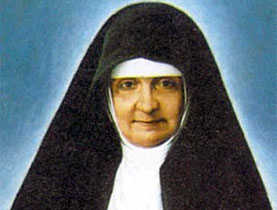
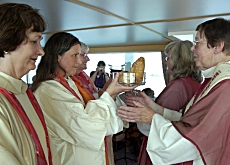
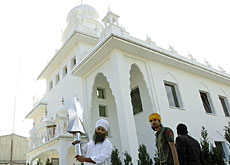
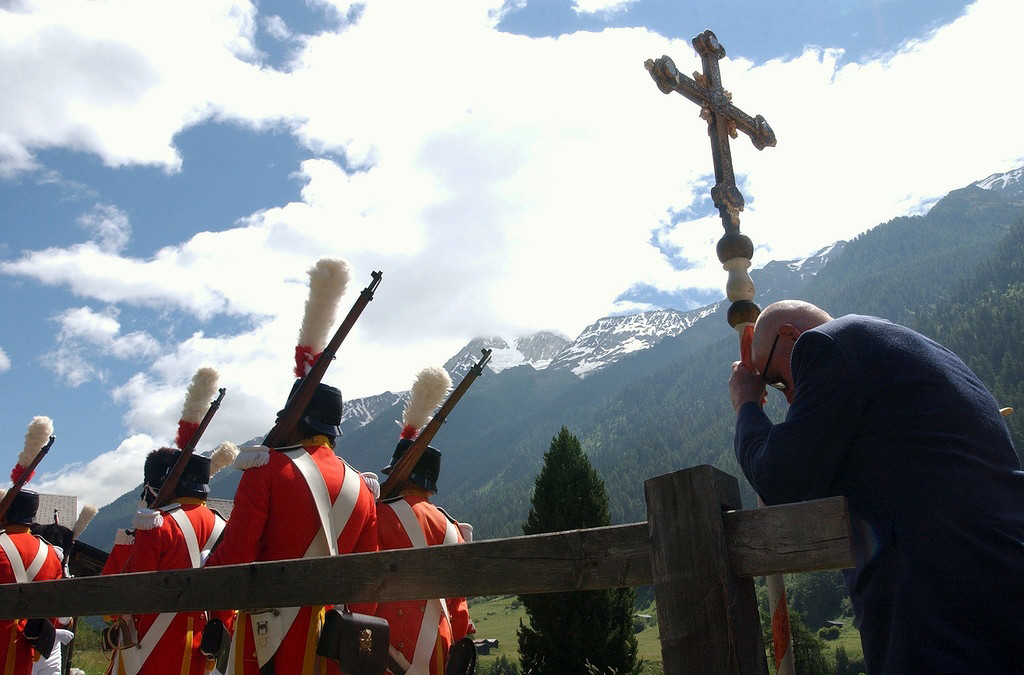

You can find an overview of ongoing debates with our journalists here . Please join us!
If you want to start a conversation about a topic raised in this article or want to report factual errors, email us at english@swissinfo.ch.